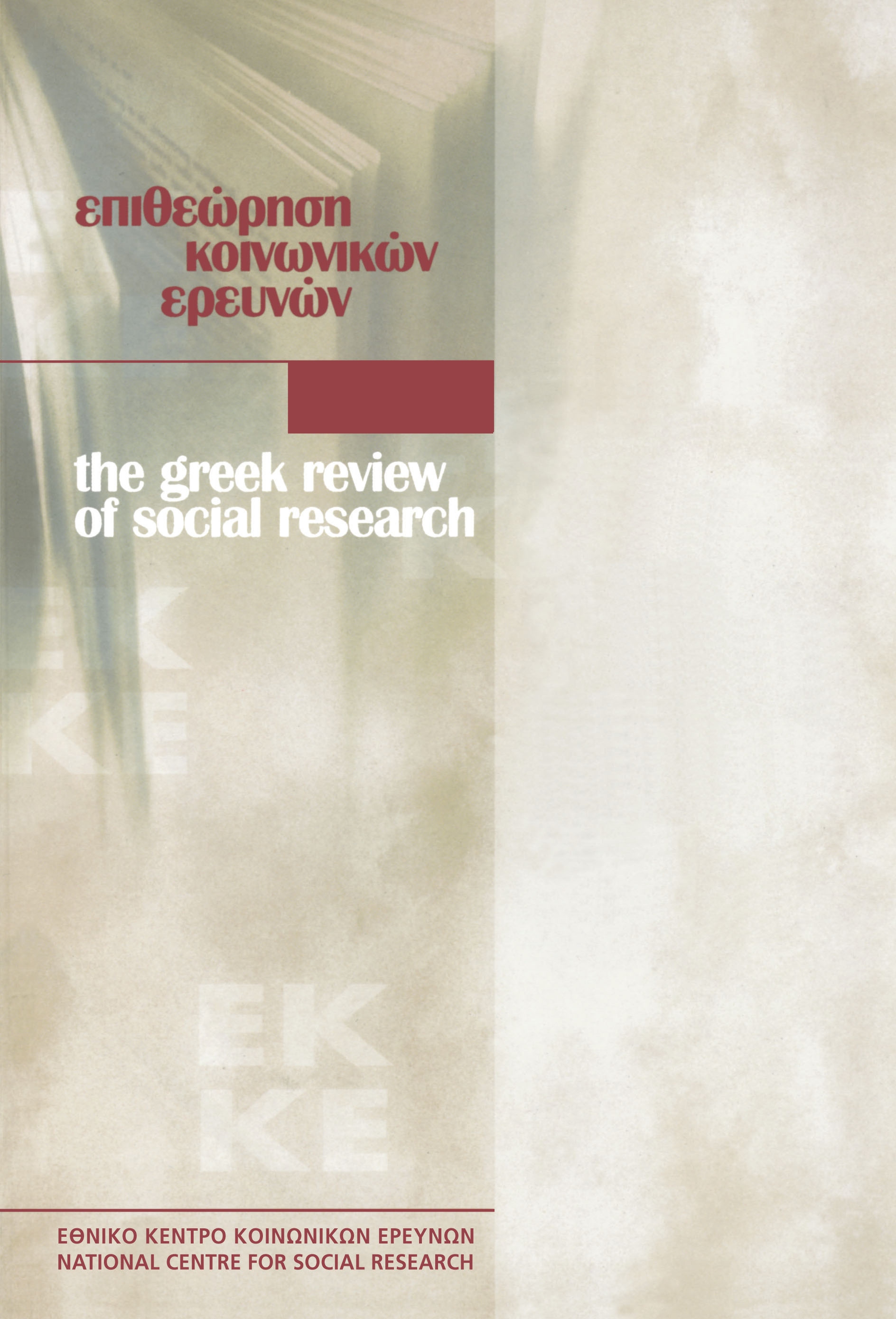The methodology of Machiavelli’s work «The Prince»: Is Machiavelli an early positivist?

Abstract
The identification and evaluation of the way Machiavelli elaborated his work «The Prince» is a process that refers to the examination and analysis of the characteristics of the author’s methodology. This process leads to the test of the hypothesis whether «The Prince» has positivist characteristics with regards to the way it had been structured. Presenting the main principles of positivism which had been developed the 1970 decade in the science of International Relations, it is examined the correlation between Machiavelli's methodology in «The Prince» and the positivist characteristics. The research concludes that Machiavelli’s methodology in «The Prince» has several elements of the positivist methodology although in some of them deviates.
Article Details
- How to Cite
-
Evaghorou, E. L. (2019). The methodology of Machiavelli’s work «The Prince»: Is Machiavelli an early positivist?. The Greek Review of Social Research, 151, 79–97. https://doi.org/10.12681/grsr.19752
- Issue
- 2018: 151
- Section
- Articles

This work is licensed under a Creative Commons Attribution-NonCommercial 4.0 International License.
Authors who publish with this journal agree to the following terms:
- Authors retain copyright and grant the journal right of first publication with the work simultaneously licensed under a Creative Commons Attribution Non-Commercial License that allows others to share the work with an acknowledgement of the work's authorship and initial publication in this journal.
- Authors are able to enter into separate, additional contractual arrangements for the non-exclusive distribution of the journal's published version of the work (e.g. post it to an institutional repository or publish it in a book), with an acknowledgement of its initial publication in this journal.
- Authors are permitted and encouraged to post their work online (preferably in institutional repositories or on their website) prior to and during the submission process, as it can lead to productive exchanges, as well as earlier and greater citation of published work (See The Effect of Open Access).


